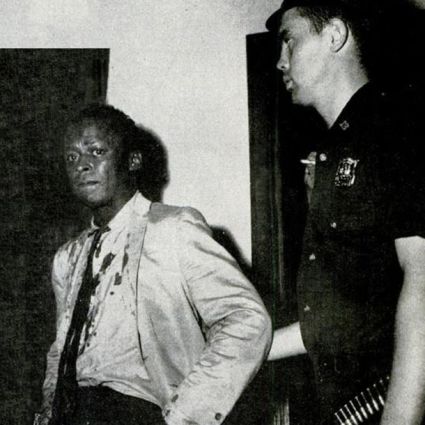Trump is like a compulsion, something you can’t get away from. Dealing with him is like eating too much: you’re uncomfortable afterwards and feel somewhat guilty. At a really good dinner with friends last night (I did not eat too much), the conversation naturally turned to Trump and the U.S. political chaos.
Passing over less controversial topics like climate change and Amy Coney Barrett, we kept coming back to Trump and his perpetual coups d’état on America, his presence everywhere in the media and in our minds, like some kind of unholy ghost stalking us. We can’t get away from him, even as we try.
About a year ago, one writer put it this way:
The man is inescapable. It is hard not to think about him. Every new day brings a flood of belligerent tweets, grandiose lies, incompetent or destructive choices in governance and a general undermining of American institutions. Cable news, from Fox to MSNBC, is devoted to all things Trump nearly every minute of every day.
A consensus in our dinner group seemed to be building that this was the fault of the news media. That the desire to sell newspapers (or internet presence) overcame any sense of editorial balance. That important world news stories were being neglected. That journalists were blind in their pursuit of the most outrageous or titillating stories. And so on. The discussion threatened to ruin our dessert.
My heart wasn’t in it, but I defended journalism, saying that, like it or not, Trump was always the Big Story that the media were obliged to cover. I glossed over the fact that this coverage has made everyone depressed and distracted.
Trump’s chaotic behavior, like his attention span, is “genuinely scattershot” and “has proved a great de facto political strategy, precisely because we are neurologically incapable of handling it.” The real problems are “our split-screen consciousness,” the internet overload, and the insistent demands of too much information.
Brian Baird, an ex-congressman and clinical psychologist, has compared Trump to an abusive father. “Baird said we are like the kids who have to live in the same house with him and cope with his rants, his erratic behavior, his cruelty and his bullying day after day.”
The abusive Donald Trump is indeed like The Dead Father in Donald Barthelme’s 1975 novel of that name. His children can’t escape him, and he is ”a gargantuan half-dead, half-alive, part mechanical, wise, vain, powerful being who still has hopes for himself—even while he is being dragged by means of a cable toward a mysterious goal.” This fantastic and funny book is really a parable for our times.
If only Donald Trump were a fictional character.










